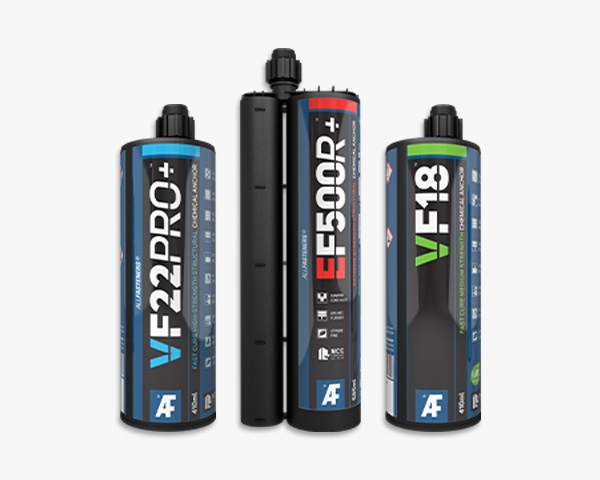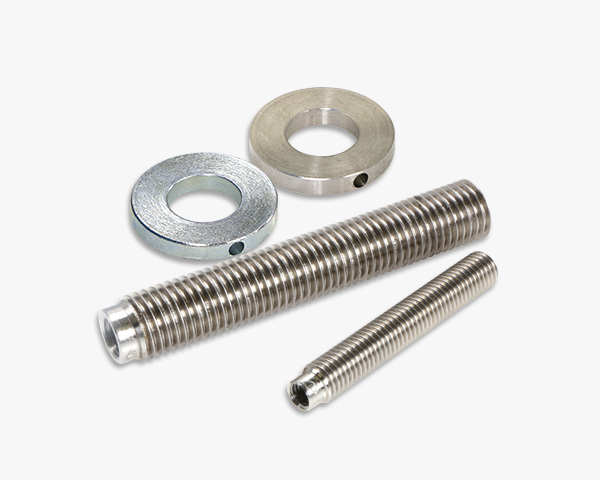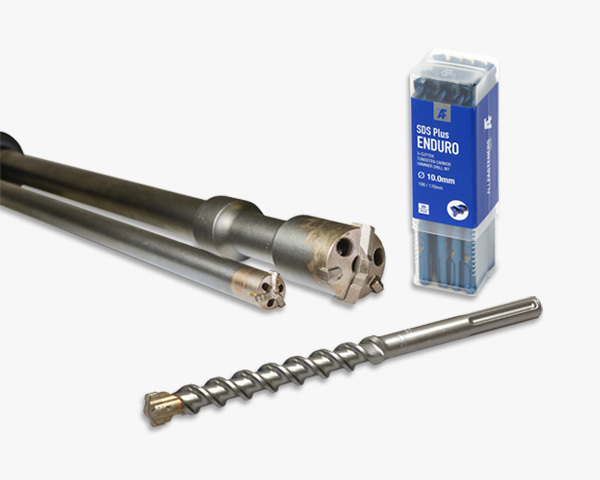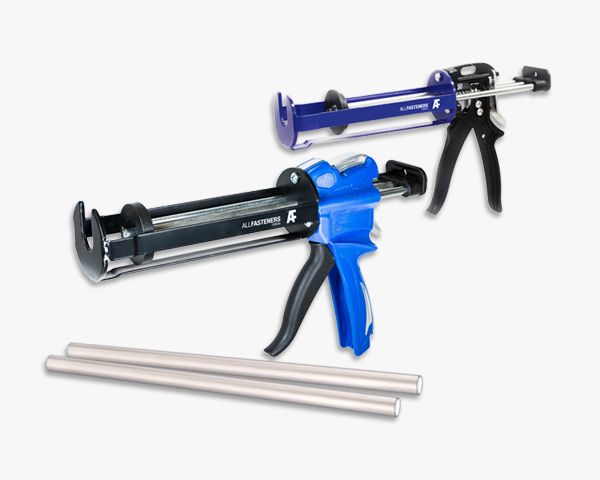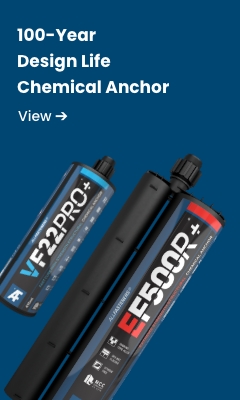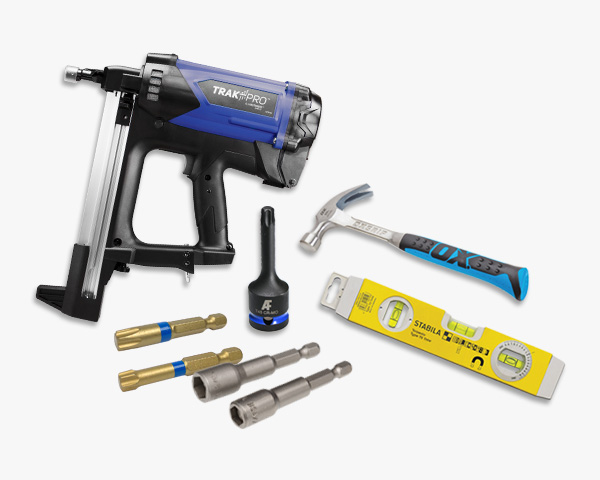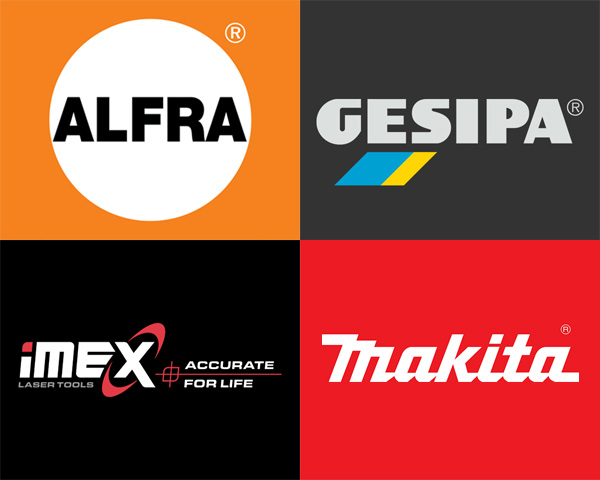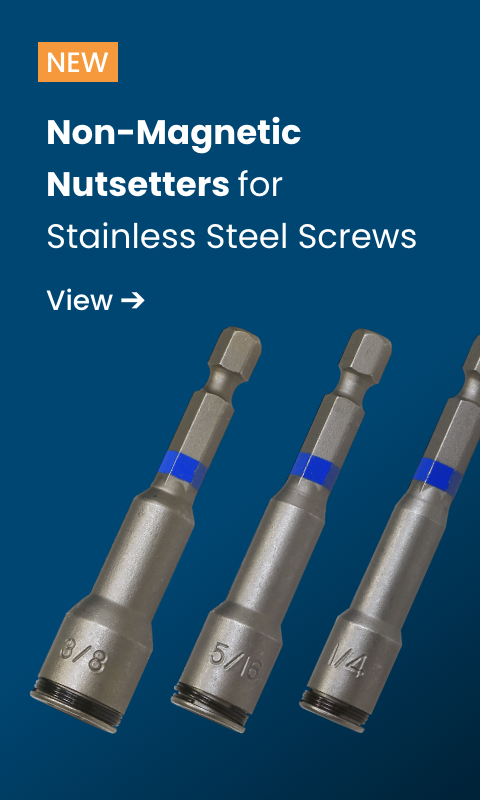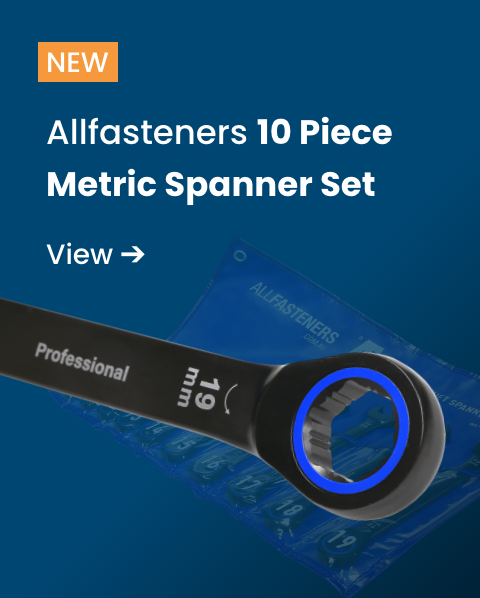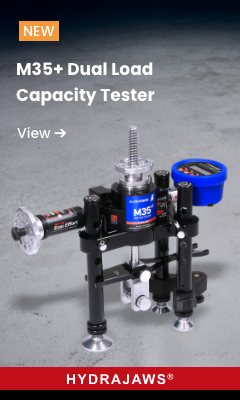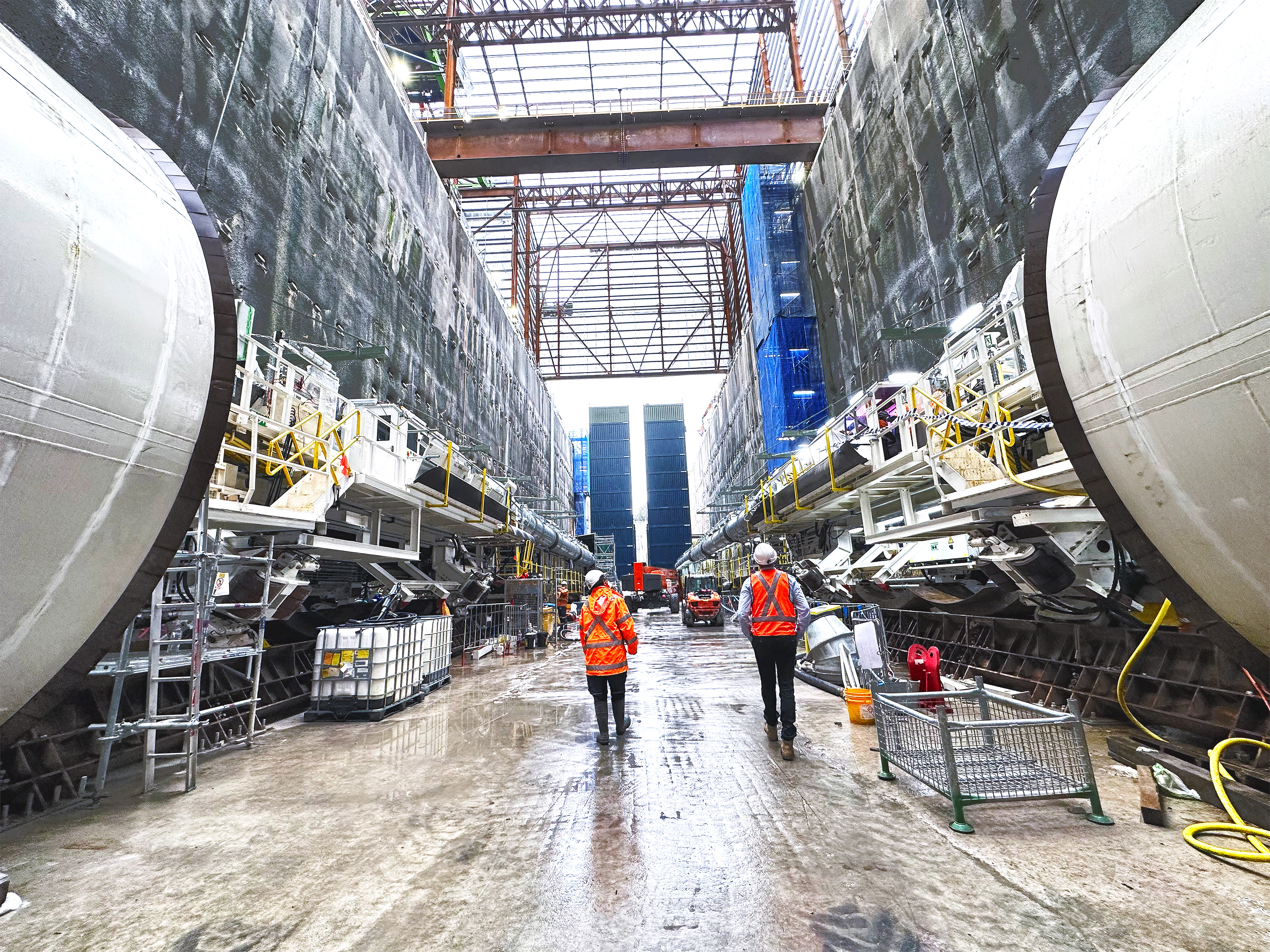Take the Guess Work Out of Quoting Your Client
As an estimator, project manager or foreman, the most time-consuming part of a build can be the run-around caused by getting quotes for materials. Even before the client has agreed to utilise a contractor's services, there is a lot of unpaid work to be done just to get the quote finalised. And it can eat into the final profitability of the project. Once the client has taken you up on the offer, the quote is in concrete; it doesn't matter what happens to your materials budget after that. Here are some things to consider when quoting the job, to reduce the risk of unexpected costs.
Consumables are Consumable – the Fastener Effect
Never estimate a job based on the exact amount of materials you need, especially when it comes to consumables such as fasteners. As we all know, unexpected events such as user error can eat through your fastener stock faster than your estimates allowed for. Anyone worth their salt in the world of estimating consumables quantities for a job will always add 10-15% to the purchase order to cover any need for additional fasteners. And if you do this-and you choose a supplier who is willing to come to the table with rewarding you for ordering extra-you can save money in the long run, by avoiding multiple trips to the supplier for incremental top-ups.

Team Up with Experts, Not Just Resellers
The home-focused hardware megastore chain concept has exploded in the last fifteen years or so. And along with that comes the buying power that tempts professional trades into buying fasteners from them.
But there are hidden financial traps.
Even as a trades customer, you will not get a relationship with a representative there. They deal with oceans of customers every day, so the understanding if what types of projects that your business focuses on simply isn't there. So your pricing for fasteners can fluctuate greatly, depending on who you get to deal with. As a result, every client that you are quoting for has to wait, while you approach the procedure from scratch every single time. There's nothing like quote delays for sending a potential client straight to your competitors.
It's best to look for a fasteners supplier with a consistent pricing structure and supporting reference tools for getting the best value volume-based deal without even having to contact them. A supplier like this will also likely be run by people who have done your job before, or at the very least been dealing with customers like yourself for a very long time.
An example of this is Australian company Allfasteners, who in 2016 developed a market-changing approach to providing trades professionals with a consistent reference point for project estimation: a fully-transparent catalogue with up-front tiered pricing; the sort of tiered pricing normally accessible via a lengthy conversation with a sales rep and significant wait time on the quote.
Quote One, Quote All
If multiple jobs use the same fastener type, plan ahead. Quite often a supplier with a tiered pricing system will offer an even better deal on bulk buys if you're organised enough. Don't be afraid to tell them about your plans either. A good supplier will often diarise your projects for the next six to twelve months and check in with you along the way. This is the way the construction industry-supplier relationship is going these days – rather than a mere supplier, if you choose the right one, you'll get a partnership that puts value in your build.





